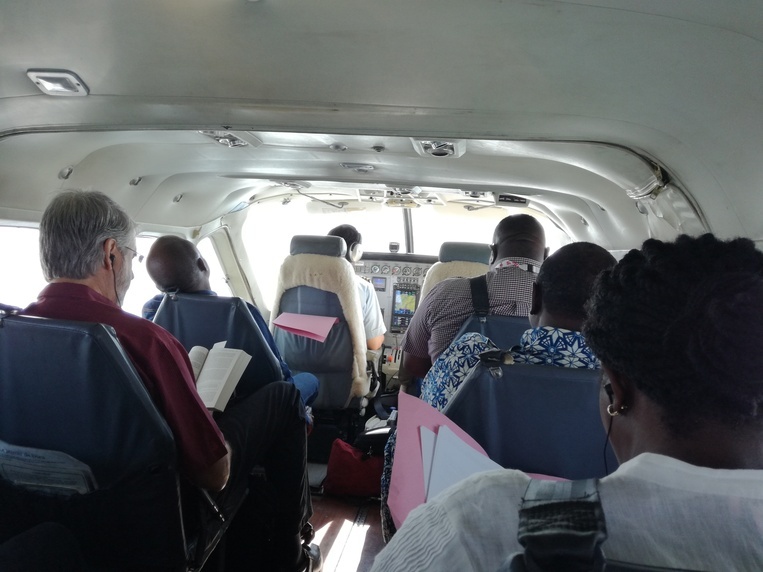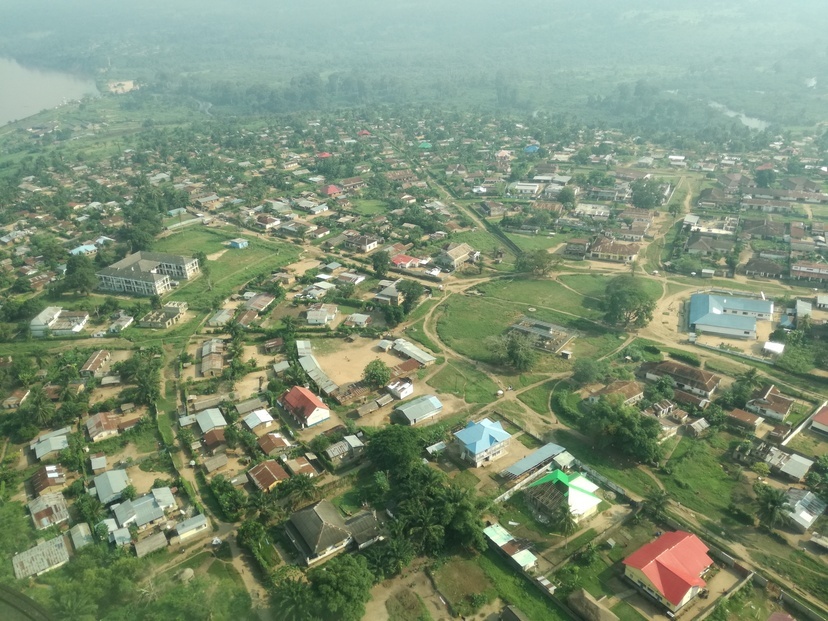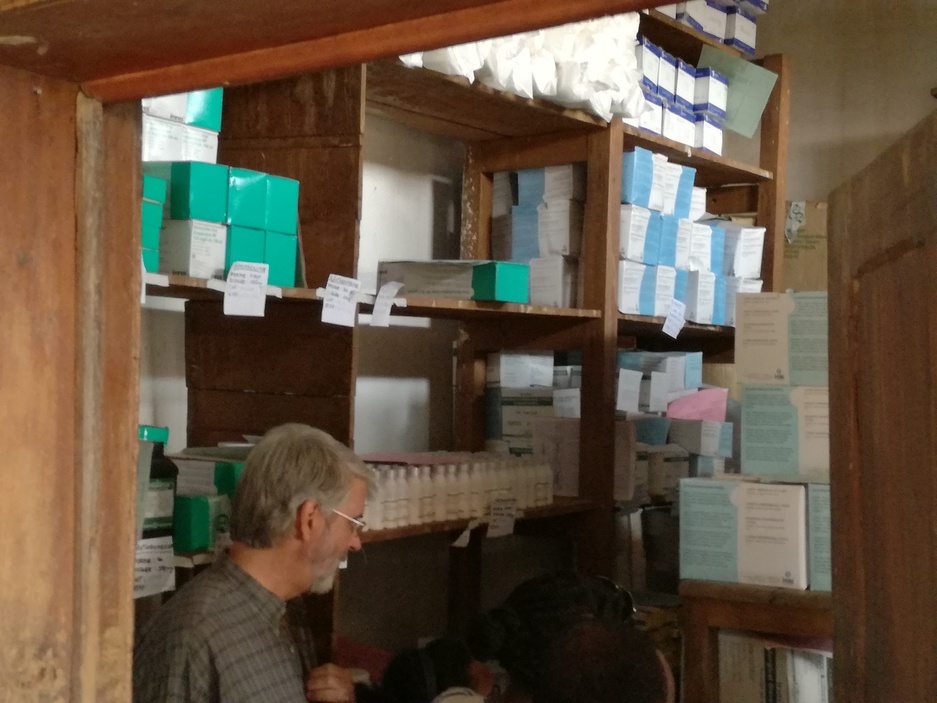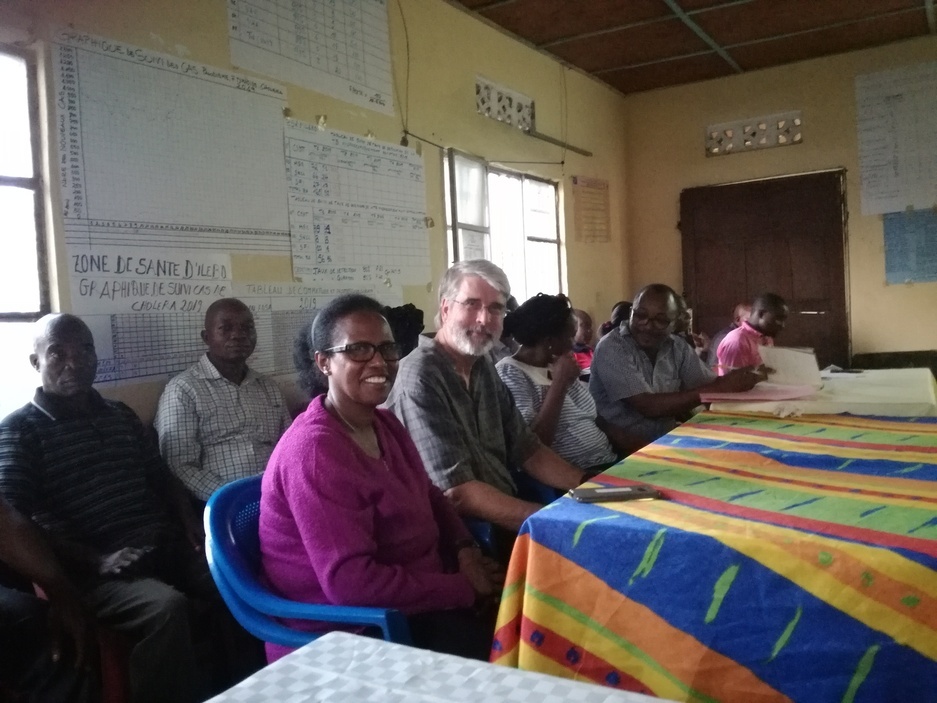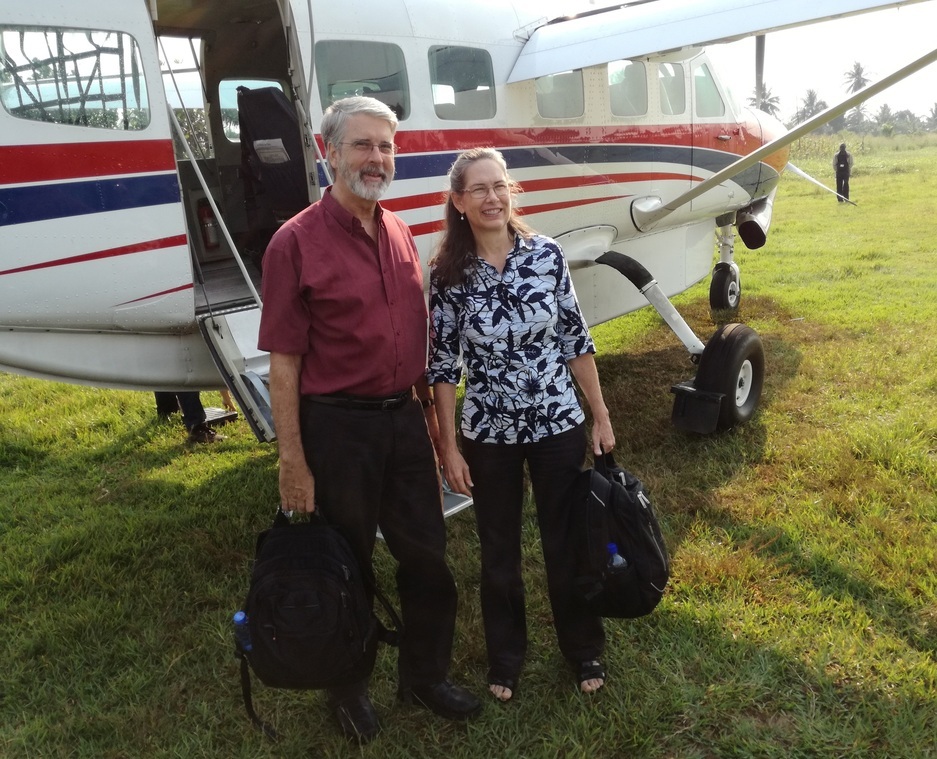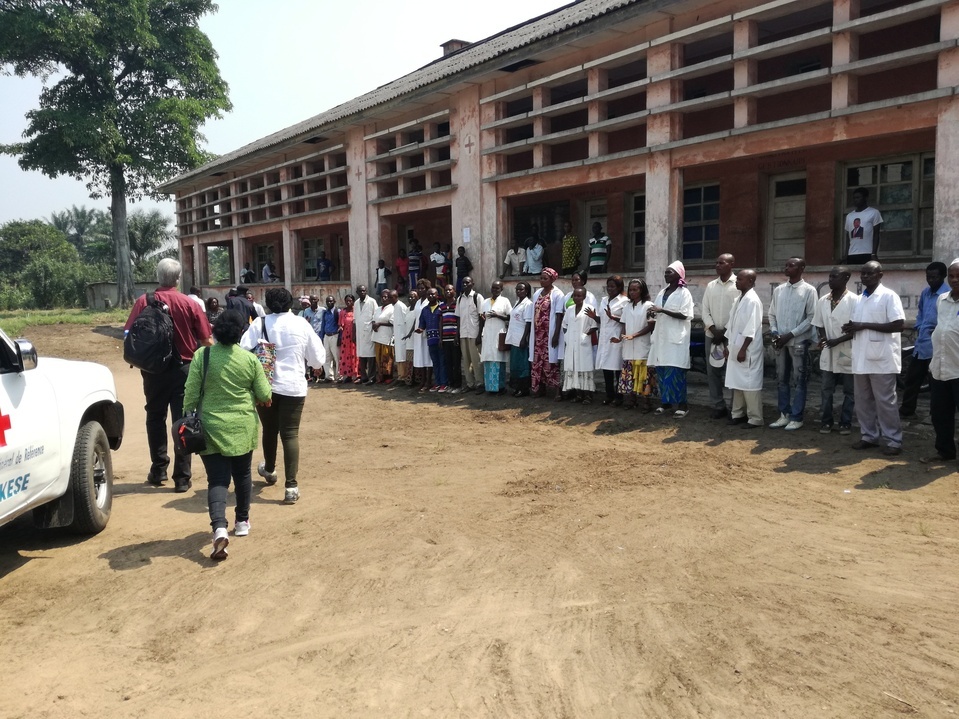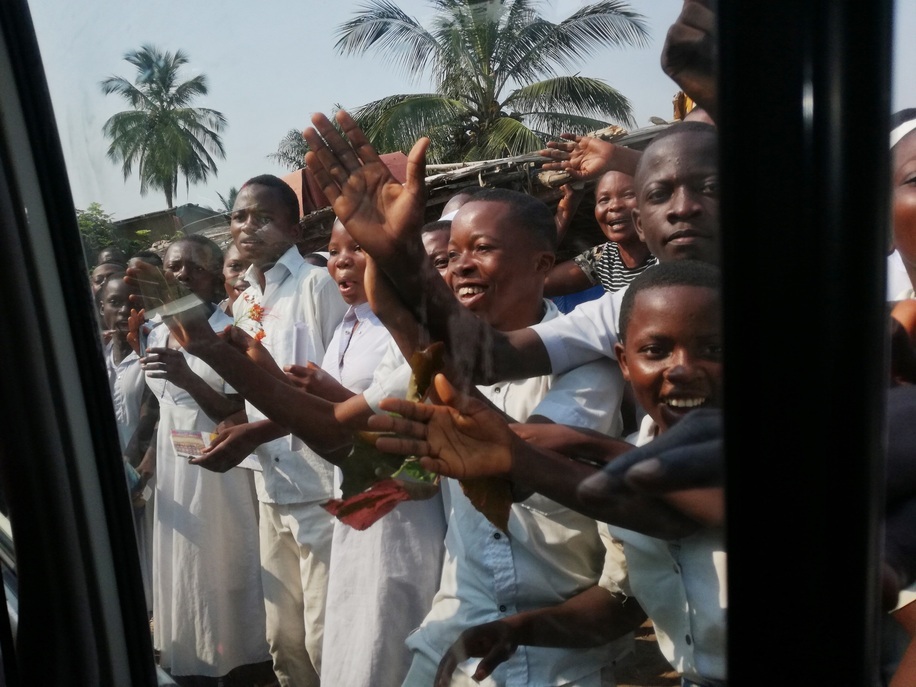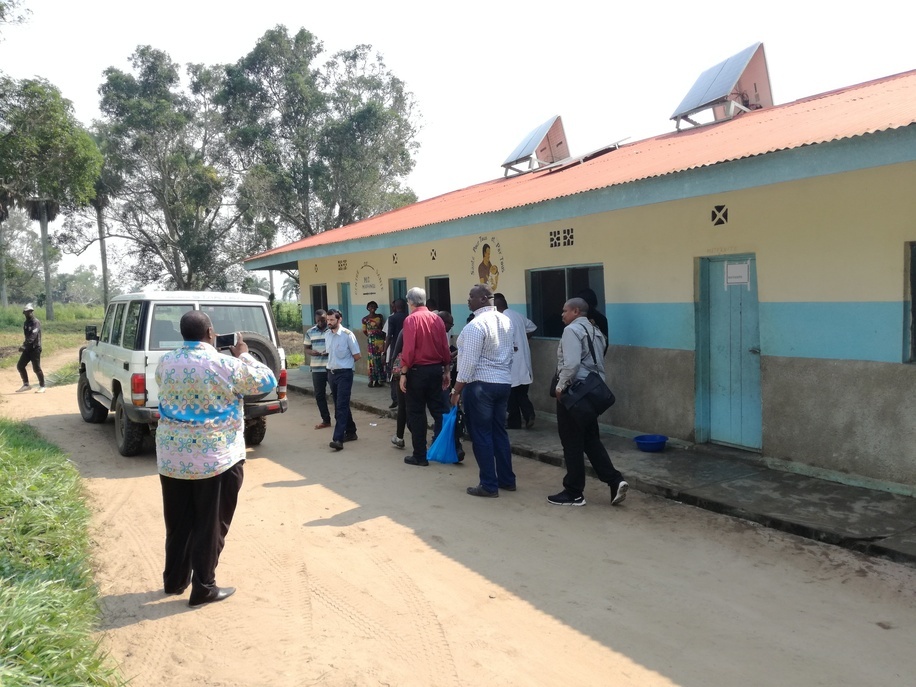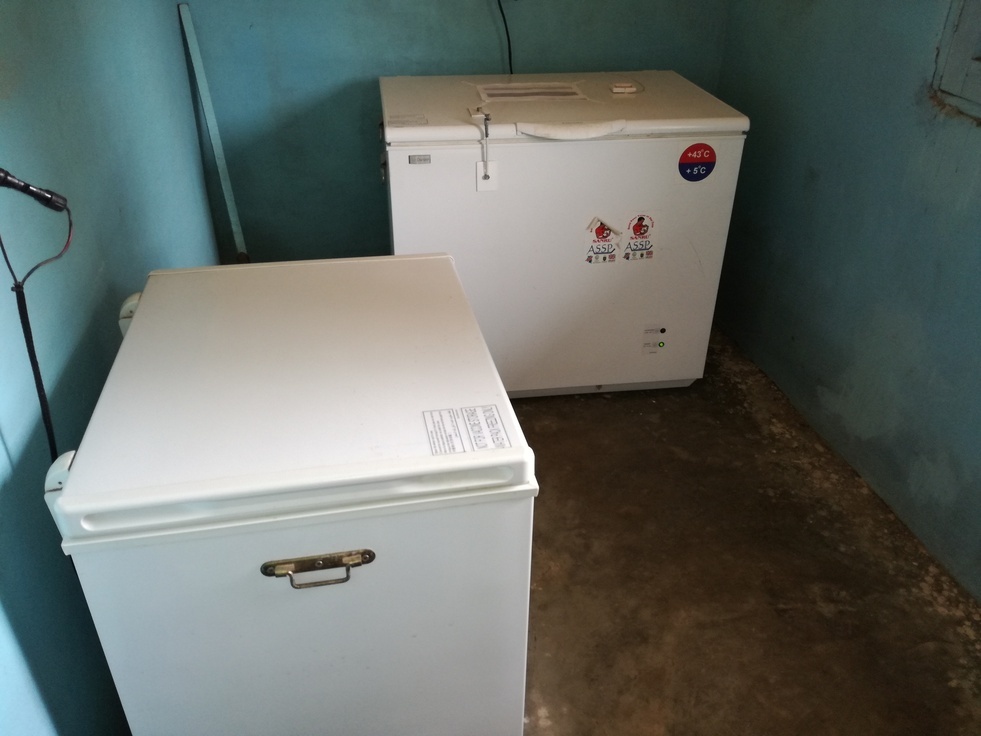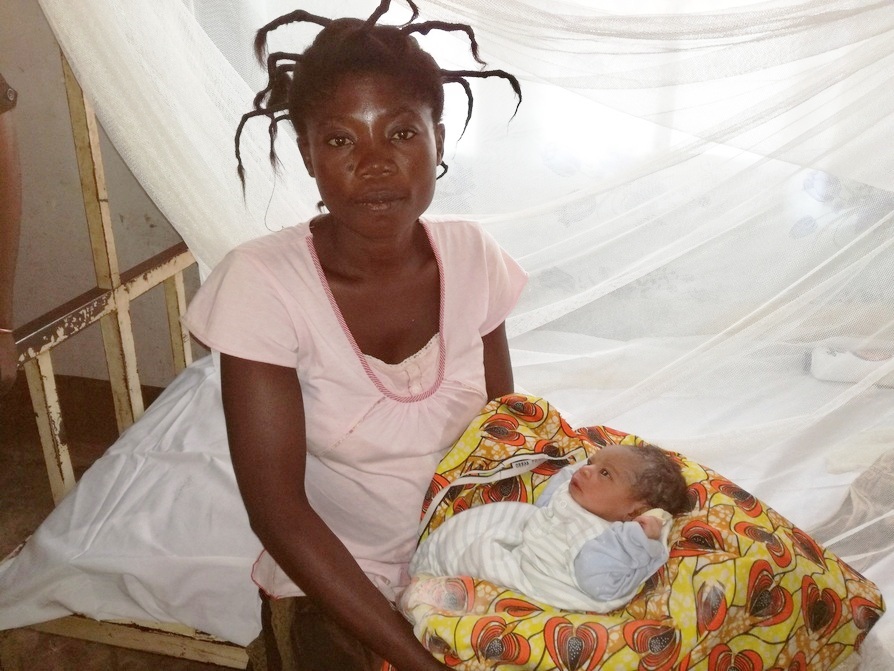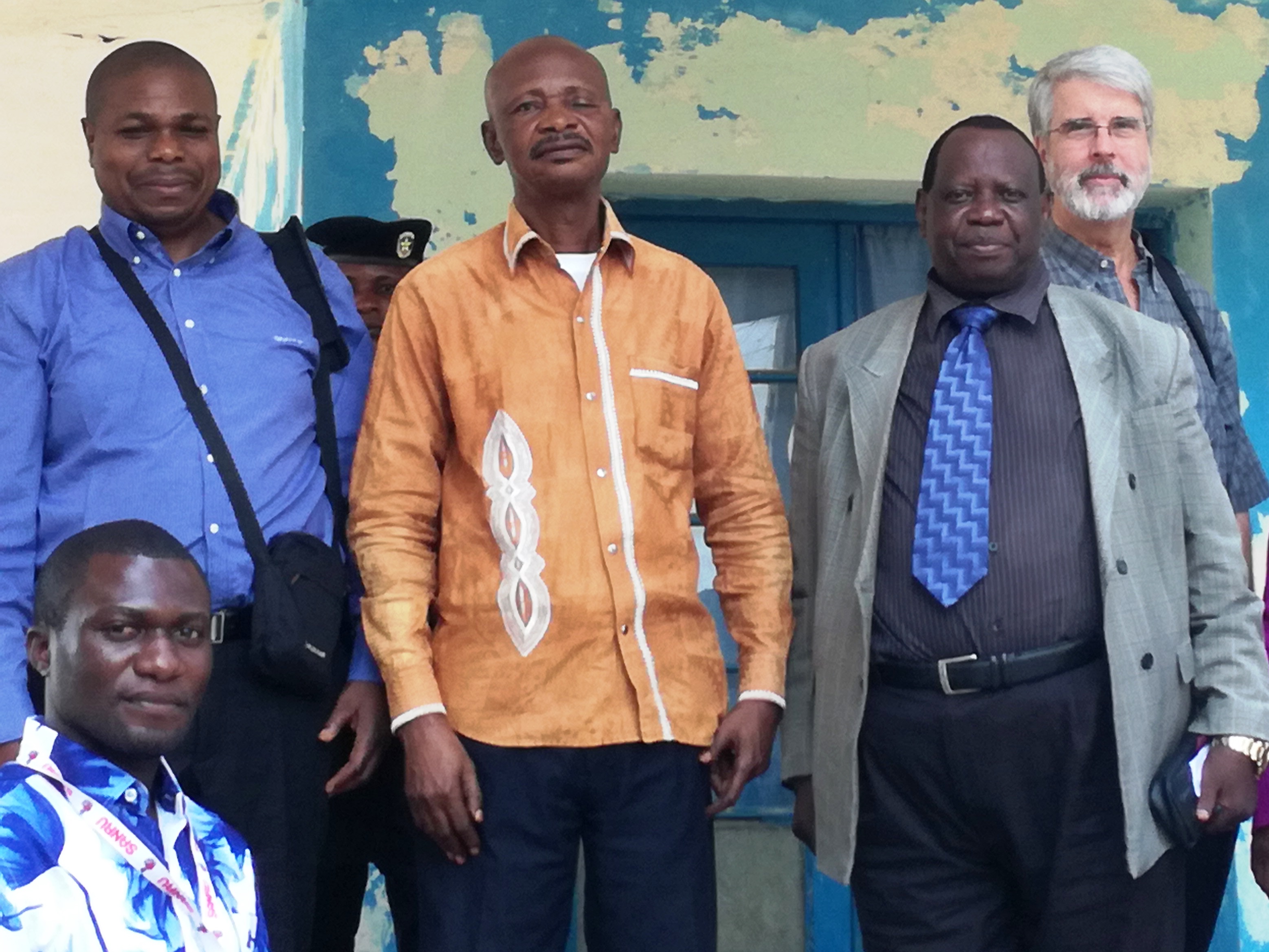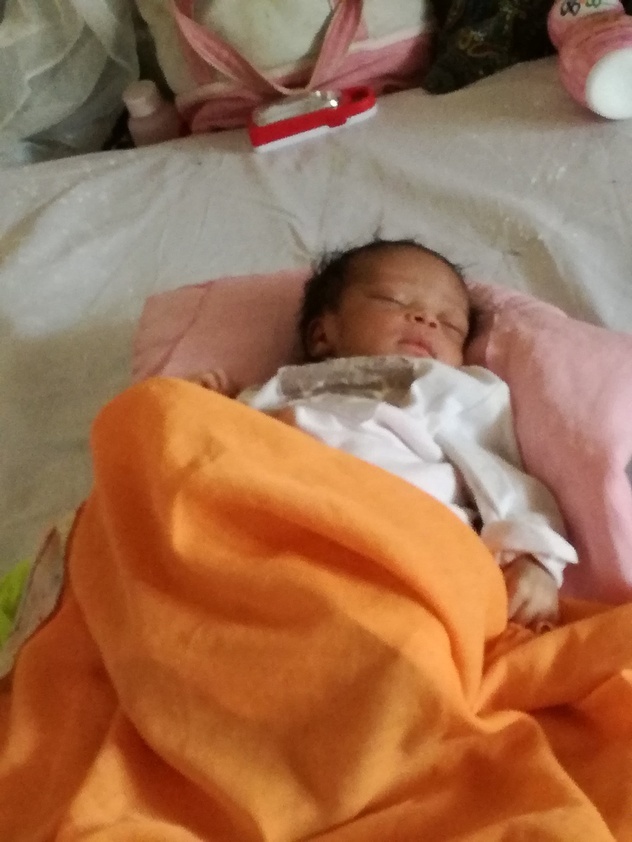A letter from Inge and Larry Sthreshley, serving in Congo
August 2019
Write to Larry Sthreshley
Write to Inge Sthreshley
Individuals: Give online to E200412 for Larry and Inge Sthreshley’s sending and support
Congregations: Give to D505045 for Larry and Inge Sthreshley’s sending and support
Churches are asked to send donations through your congregation’s normal receiving site (this is usually your presbytery)
“How has the ASSP program assisted you?” That was a question raised at each health facility by Dr. Bernard Ngoy and other UKAID team members on a trip Larry and I made to the interior of Congo to see how the ASSP program had supported health care services in the Kasai Province. ASSP stands for Access to Primary Health Care (in French) and was a program funded by UKAID. Dr. Bernard has been the technical director for this program and has worked incessantly over the past 6 years with doctors in rural health zones to strengthen health care services to rural communities. The ASSP program was ending, and we took this last trip with Dr. Bernard and UKAID staff in order to meet with community members, health center nurses, and doctors to see the impact of the program firsthand.
At each facility, the staff and community voiced their appreciation for the many forms of support they received from ASSP: solar equipment for lights to work by at night, solar-powered refrigerators for keeping vaccines cold, training for nurses, equipment, etc. But over and over again, deep appreciation was expressed for the free medicines they received through the project that helped them serve more people. The medicines given to the health centers were free (thanks to the good tax payers of Great Britain); however, in return the health facilities had to agree to lower their fees. What this did was make access more affordable, and utilization rates went up.
The increase in number of people accessing services enabled the health centers to offset the lower prices, so they were able to increase staff salaries. Overall, utilization of health facilities increased from 34% to 62%. It was a “win” for the health centers and a “win” for the community. The average cost a person had to pay per treatment of illness went from about $4.00 to approximately $1.00. The cost to women, children under 5 years, and the disabled was even less than $1.00 per episode. This may not seem like much, but for people living on $2.00 a day, it is significant.
The increase in access to health care really made a difference for maternal deliveries. Giving birth in Congo puts women at substantial risk. The maternal mortality rate for women in Congo is 840 per 100,000. One of the ways the ASSP project helped address maternal mortality was to lower fees for delivery. The average cost of a birth went from about $10 down to just $2.00. This enabled more women to be able to afford to deliver at a health center with trained nurses and in facilities better equipped to manage complicated deliveries. The number of births attended by skilled personnel at health centers went from 73% to 99%.
Sustainability is always in the back of the mind of donors and those of us who work in development. A big question for UKAID (and us) has been, “What overall improvements have been made to the health system that will extend beyond the life of the program?”
Perhaps the most dramatic and sustainable improvement to the overall health system has been the establishment of DHIS2 (District Health Information System) and its continued improvement as the nation’s health information management system. The data collection system at the health-center level has been definitively changed for the better — 18 forms were condensed down to 12 simplified pages. The information/data on health services from all health zones is digitalized now, down to the health facility, and is available at all levels for the first time. This information provides a mirror to what is happening in health care across the country.
For human resource management, the improvements and information system has broken through barriers not previously breached by providing data that has resulted in the purging of ghost workers and allocating their remuneration to existing workers who were not being paid. The adoption of iHRIS (Human Resource Information System) as a national system has not formally happened, but the Ministry of Health seems committed to carrying iHRIS forward as a new national program and is actively carrying out discussions with IMA World Health on how to accomplish that.In governance, the project has helped develop a newly updated CODESA manual and community scorecard exercise. Both have been adopted as the new national standards. A CODESA is a committee made up of representatives from the various villages that the health center serves. They work with the health center staff for good governance and social accountability of health care resources. Again, these sustainable changes are bringing benefits not just to the ASSP geographic areas but throughout the whole country.
DHIS2, iHRIS and CODESA activities are not as tangible as the 109 new health centers built by ASSP, but these “management” systems create a foundation on which the health facilities, medicines, and equipment can have more impact. Better decisions can be made, and resources can be better managed so they can be of service to the population for the long term.
Thank you for your financial and prayer support over the past six years of ASSP and journeying with us as we have worked together with our Congolese colleagues like Dr. Ngoy to help support and strengthen the health care system here in Congo. We ask for your continued financial support and prayers for renewed strength for us and our colleagues as we start a new 18-month project called ASSR (also funded by UKAID), which will build on the good work started under ASSP.
Blessings,
Inge Sthreshley
“They that wait upon the Lord shall renew their strength. They shall run and not grow weary; they shall walk and not faint.” Isaiah 40:31
![]() You may freely reuse and distribute this article in its entirety for non-commercial purposes in any medium. Please include author attribution, photography credits, and a link to the original article. This work is licensed under a Creative Commons Attribution-NonCommercial-NoDeratives 4.0 International License.
You may freely reuse and distribute this article in its entirety for non-commercial purposes in any medium. Please include author attribution, photography credits, and a link to the original article. This work is licensed under a Creative Commons Attribution-NonCommercial-NoDeratives 4.0 International License.
Tags: affordability, assp, DFID, health, medicine, sustainability, UKAID
Tags: Larry and Inge Sthreshley
